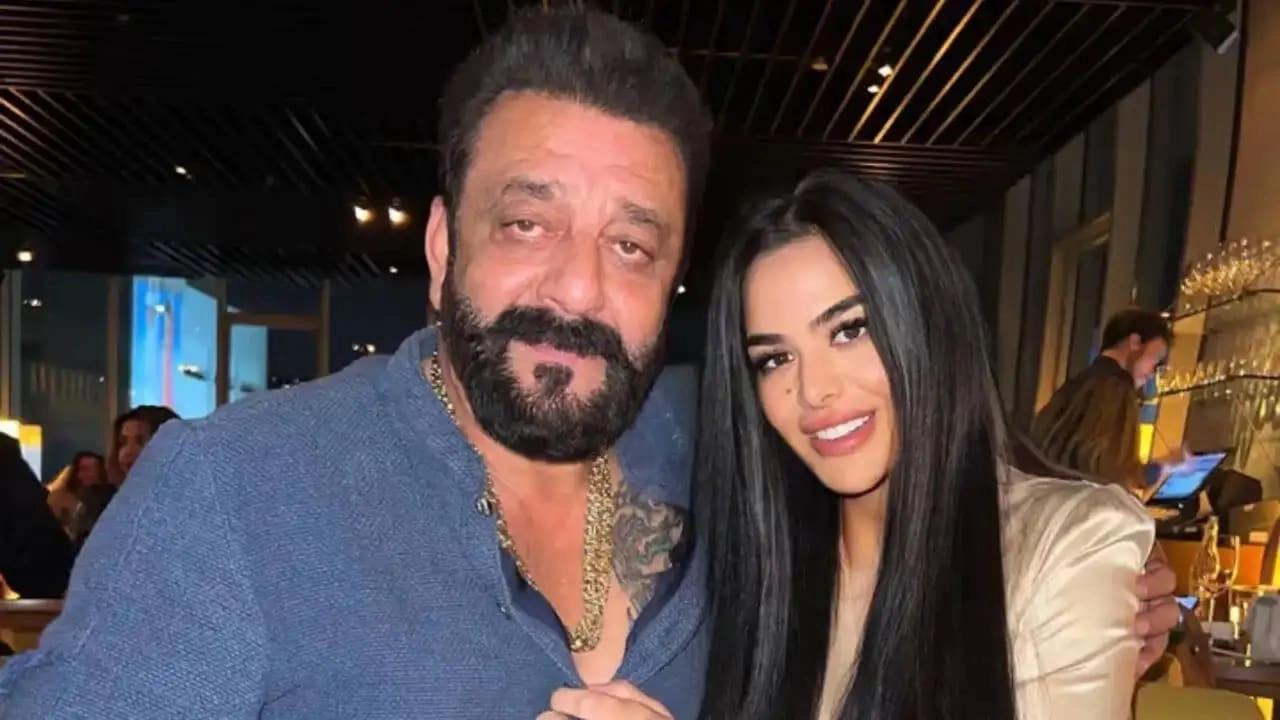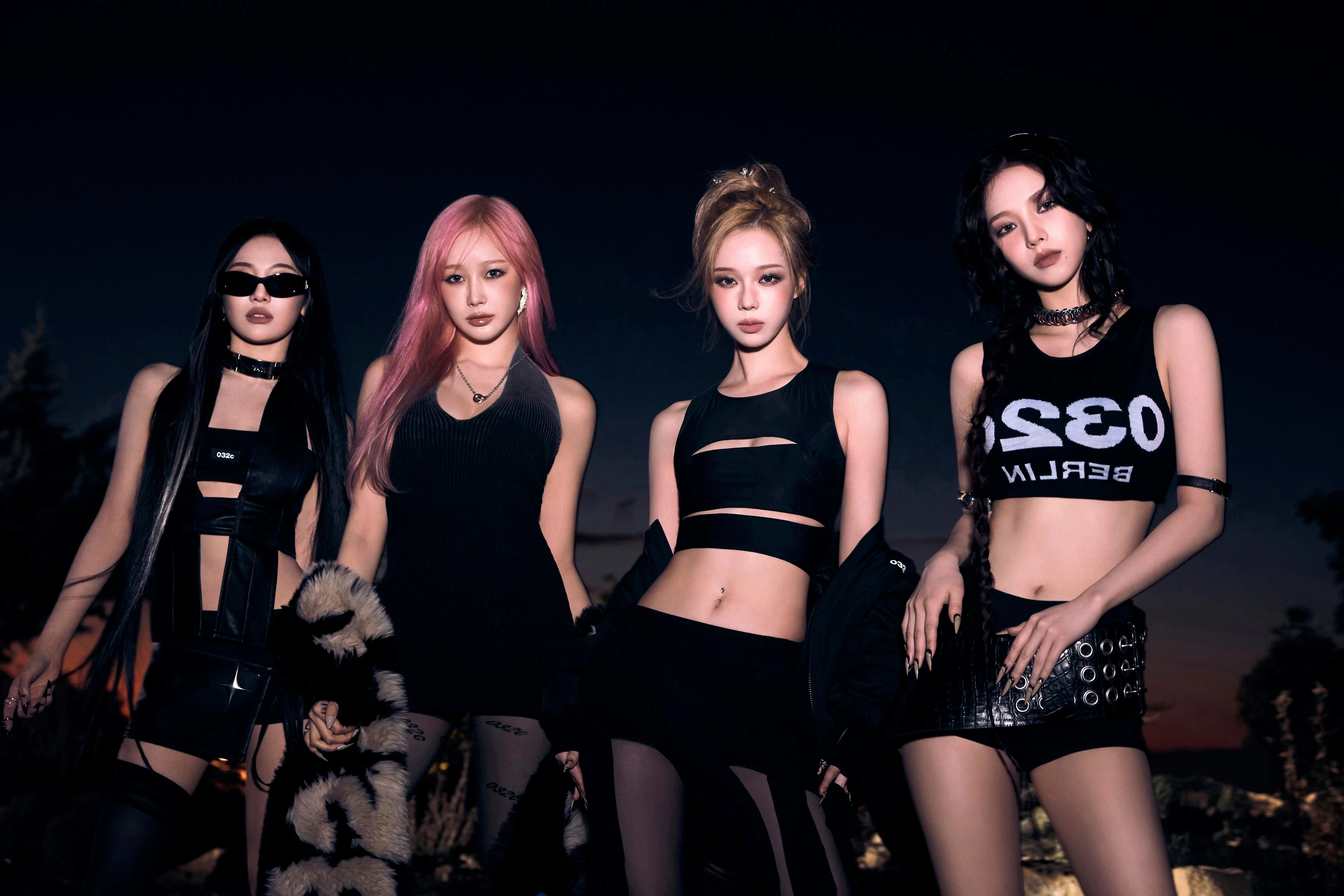Trishala Dutt, the daughter of Bollywood actor Sanjay Dutt, has always been in the public eye, not just because of her father’s illustrious career but also due to the controversies surrounding him. When Sanjay was sentenced to prison, it was a tumultuous time for the family, and Trishala faced immense scrutiny from the public and media alike. In an interview, she candidly discussed her experience during her father’s jail term, revealing how she managed to cope with the situation. Contrary to what many might expect, Trishala didn’t succumb to public displays of emotion. Instead, she chose a more introspective approach to deal with the challenges that came with her father’s incarceration.
Despite the pressure to conform to societal expectations—where people anticipated her to express her grief openly—Trishala maintained her composure. She understood that her father’s life and choices were complex and multifaceted, which shaped her perspective on the situation. Rather than crying publicly or showcasing her pain, she focused on her own mental well-being and the importance of resilience. Trishala emphasized the significance of personal strength and self-care during such difficult times, recognizing that each individual’s journey through grief and hardship is unique. Her ability to navigate her emotions privately rather than publicly speaks volumes about her maturity and understanding of the complexities involved in her family dynamics.
Moreover, Trishala’s experience sheds light on a broader issue of how society often expects emotional responses from individuals in distressing situations. This pressure can complicate the healing process, as it may push individuals to perform emotions rather than genuinely feel them. Trishala’s approach serves as a reminder that vulnerability can take many forms, and it is perfectly valid to process one’s feelings away from the public eye. By sharing her story, she not only honors her father’s journey but also advocates for a more nuanced understanding of emotional expression during crises. In doing so, she invites others to find their own paths to healing, free from the weight of external expectations.




